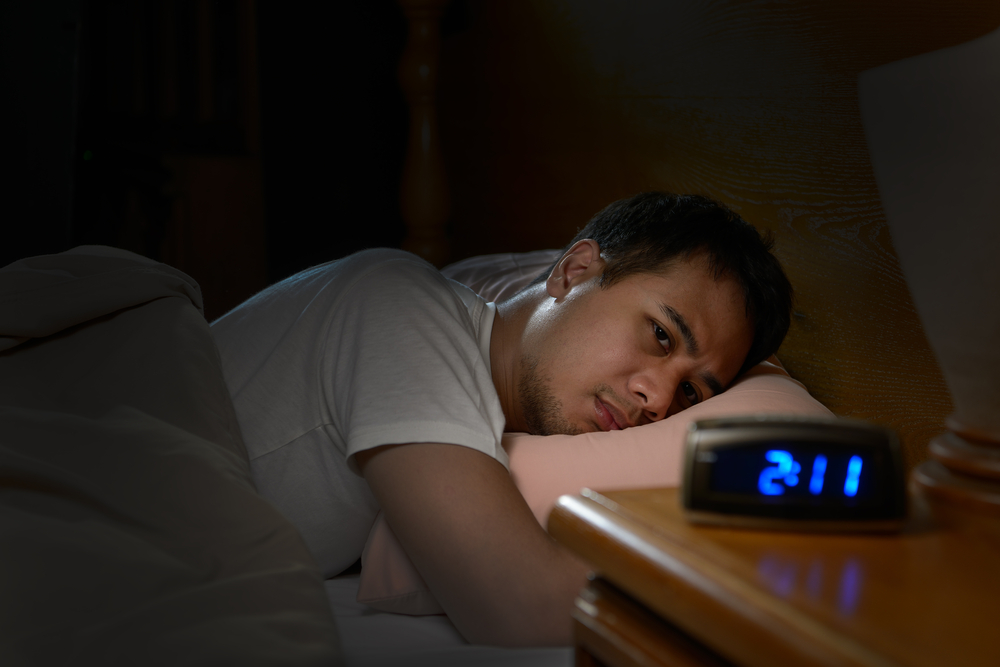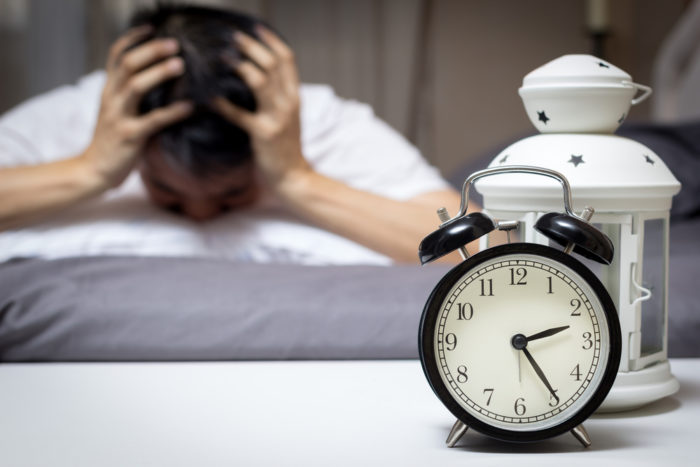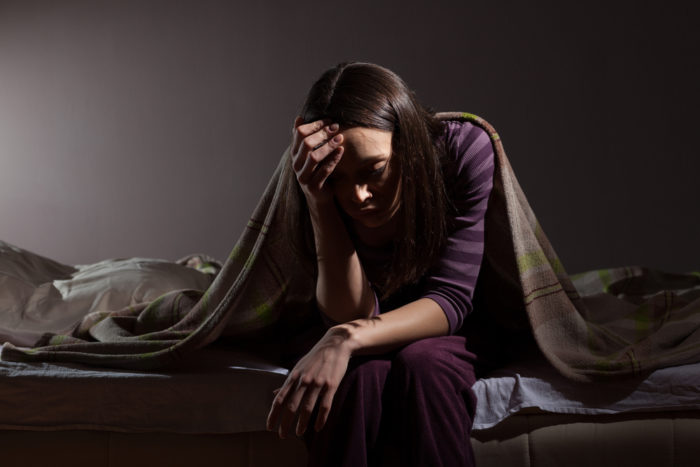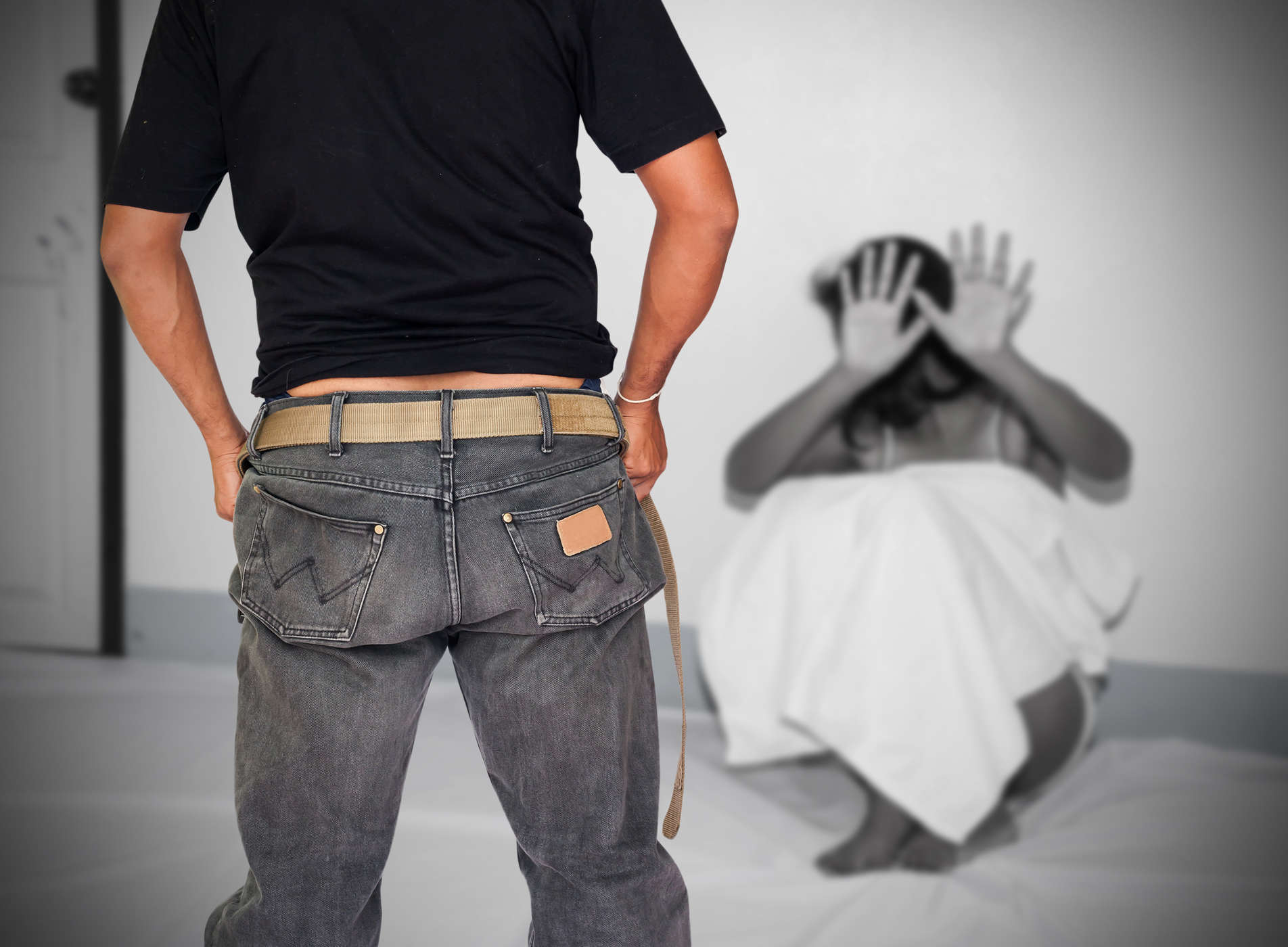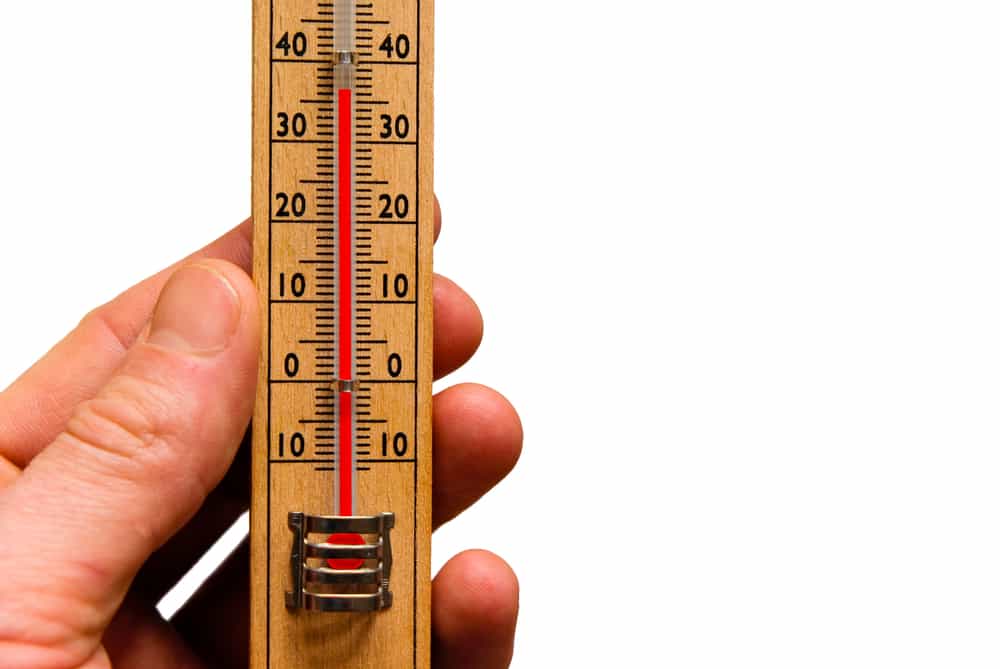Contents:
- Medical Video: How To Treat Insomnia Naturally Without Medication Fix Sleeping Problems | Best Way To Sleep Better
- Signs and symptoms of insomnia in addition to insomnia
- 1. Feel tired during the day
- 2. Even though he is sleepy, he still cannot sleep at night
- 3. Other symptoms that interfere with sleep
Medical Video: How To Treat Insomnia Naturally Without Medication Fix Sleeping Problems | Best Way To Sleep Better
Insomnia is a difficult condition for sleeping or having difficulty sleeping soundly. Many people have this condition, but don't realize it. In fact, insomnia can be a symptom of a disease that will reduce a person's quality of life if not addressed immediately. Actually, what are the signs and symptoms of insomnia? Find out the answers to help you consider further treatment from a doctor.
Signs and symptoms of insomnia in addition to insomnia
The problem of insomnia is said to be insomnia if it occurs at least three days a week, alternately or successively. Sleeplessness due to insomnia is also characterized by difficulty starting to sleep until spending hours, waking up at night, or getting up early and unable to continue sleeping again.
However, citing the University of Sydney page, Dr. Chris Gordon, a researcher from the Department of Nursing at the University of Sydney explained that insomnia does not only cause one symptom. Besides insomnia, insomnia is often followed by other symptoms, such as:
1. Feel tired during the day
Not enough rest at night due to insomnia can cause your body to be very tired to do activities during the day. Besides that, you have a hard time thinking, making good decisions, and easily getting angry or upset.
These symptoms can cause you to be less productive and the work results are not optimal and the risk of accidents is higher. For example, drowsiness while driving or falling from a ladder because it is unable to maintain a balanced body properly.
2. Even though he is sleepy, he still cannot sleep at night
Insomnia causes the body to get tired during the day. These conditions make you expect to sleep better or longer at night. However, sleepless nights are still difficult. Why? Because, insomnia will not disappear if you do not know the exact cause.
3. Other symptoms that interfere with sleep
At night, your mind is free from work and other routines. The vacuum of activity can make you worry again, recall problems that don't end, or bring up negative thoughts that make you anxious. All of that can interfere with the quality of your sleep.
In addition to poor mental conditions, some diseases also cause symptoms that make it difficult for you to sleep, such as sleep apnea (losing short breath while sleeping), continuing to move your legs or body during sleep (restless leg syndrome), or going back to the bathroom because you want pee.

